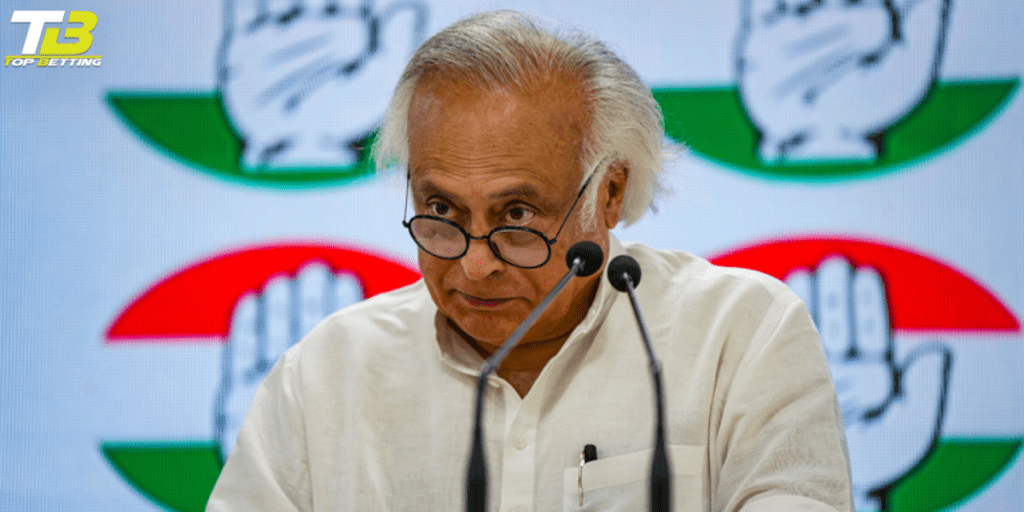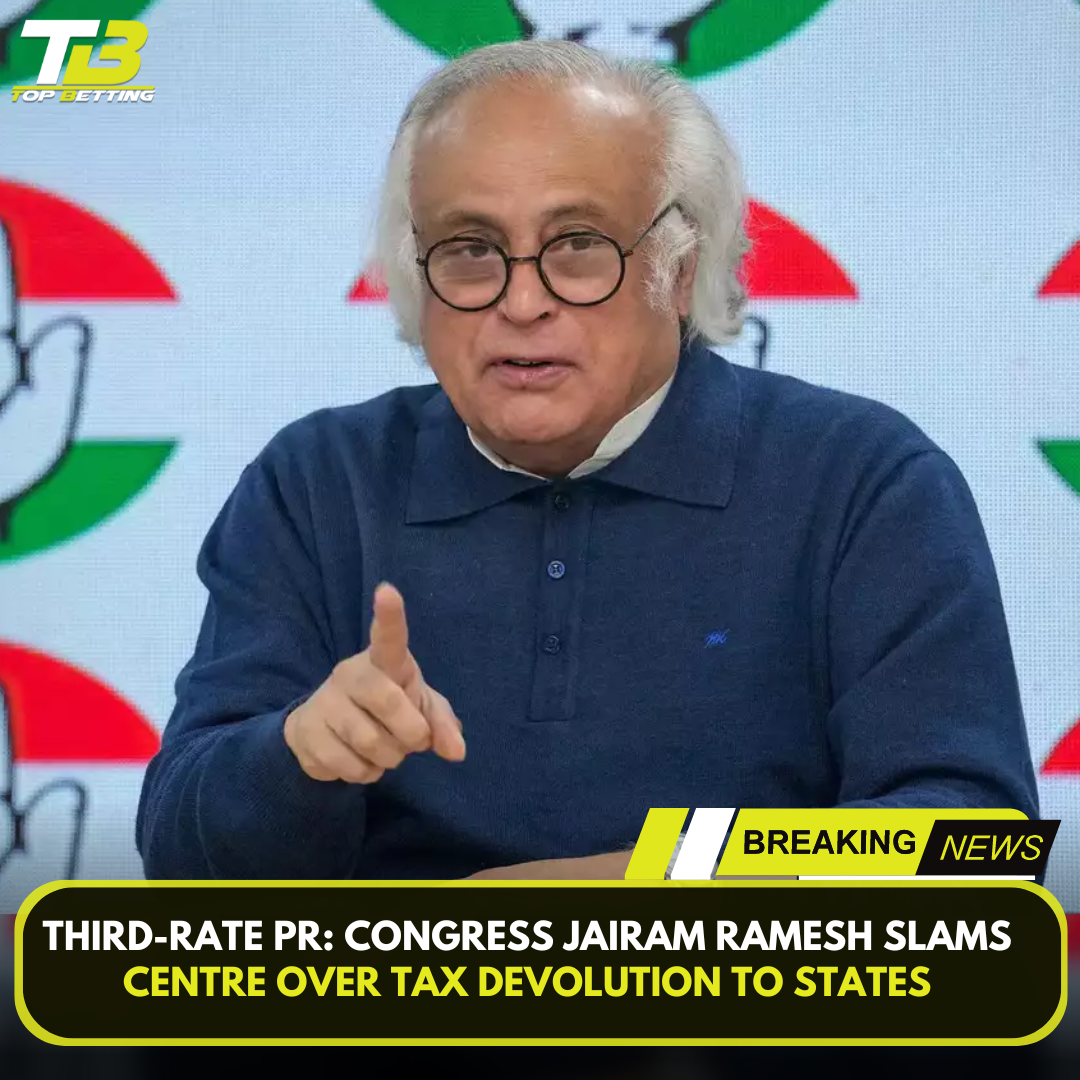
Jairam Slams Centre Over Tax Devolution to State
The Indian National Congress party has taken a strong stance against the recent announcement by the Centre regarding the release of tax devolution funds to states. Congress general secretary Jairam Ramesh has accused the government of engaging in “third-rate PR” by portraying the tax devolution as some kind of “prasad” or special favor, when in reality it is a constitutional entitlement owed to the states.
Tax Devolution: A Constitutional Obligation, Not a Favor
The crux of the Congress party’s criticism lies in the nature of tax devolution itself. As Jairam Ramesh rightly pointed out, the transfer of a portion of the Centre’s tax collections to the states is not a voluntary act of generosity, but a constitutionally mandated obligation. The finance commission, an independent body established by the Constitution, determines the percentage of taxes that must be devolved to the states during each fiscal year.
Timing of the Announcement: A Political Ploy?
The timing of the Centre’s announcement has also raised eyebrows within the Congress party. Ramesh has suggested that the move was orchestrated at the behest of the “one-third PM”, implying that it may have been a political tactic to garner favorable publicity. The Congress leader has accused the government of trying to “pass off what is legitimately due to states as some prasad being distributed.”
Undermining the Constitutional Framework
By portraying the tax devolution as a special favor, the Congress argues that the Centre is undermining the constitutional framework that governs the financial relationship between the Union and the states. Tax devolution is a fundamental aspect of India’s fiscal federalism, ensuring that the states receive their fair share of the resources generated through taxation.
The Importance of Fiscal Federalism
Fiscal federalism is a critical component of India’s democratic structure, as it empowers the states to fulfill their developmental responsibilities and address the unique needs of their respective regions. By respecting the constitutionally mandated tax devolution process, the Centre can foster a collaborative and equitable relationship with the states, ultimately benefiting the citizens across the country.
Transparency and Accountability in Tax Devolution
The Congress party’s criticism also highlights the importance of transparency and accountability in the tax devolution process. Ramesh’s remarks suggest that the Centre may be attempting to politicize the distribution of funds, rather than adhering to the impartial and objective criteria set by the finance commission.
The Role of the Finance Commission
The finance commission plays a crucial role in ensuring the fair and equitable distribution of tax resources among the states. Its recommendations are based on a comprehensive assessment of the fiscal needs and capacities of each state, taking into account factors such as population, area, and development indicators.
Balancing the Interests of the Centre and the States
The tax devolution process is a delicate balance between the interests of the Centre and the states. While the Centre must ensure the efficient collection and management of taxes, it must also respect the fiscal autonomy of the states and their right to receive their fair share of resources.
The Need for Cooperative Federalism
The Congress party’s criticism underscores the importance of fostering a spirit of cooperative federalism, where the Centre and the states work together to address the challenges faced by the nation. By respecting the constitutional framework and the role of independent bodies like the finance commission, the government can build trust and strengthen the federal structure.
Implications for Center-State Relations
The ongoing debate over tax devolution has the potential to impact the broader relationship between the Centre and the states. If the states perceive the Centre’s actions as undermining their fiscal autonomy, it could lead to tensions and a breakdown in the cooperative spirit that is essential for the country’s development.
The Need for Constructive Dialogue
To resolve this issue, it is crucial for the Centre and the opposition parties to engage in a constructive dialogue. Rather than resorting to political rhetoric, the stakeholders should focus on upholding the principles of fiscal federalism and finding collaborative solutions that serve the best interests of the nation and its citizens.

Conclusion
The Congress party’s criticism of the Centre’s handling of the tax devolution process highlights the importance of respecting the constitutional framework and the role of independent institutions in ensuring the fair distribution of resources. As the country navigates the complexities of fiscal federalism, it is essential that the government and the opposition work together to strengthen the foundations of India’s democratic structure.











